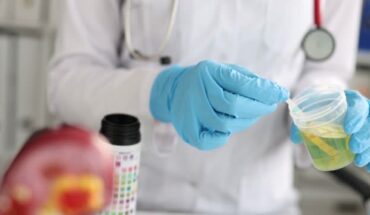In a world filled with drug tests and the need for discretion, synthetic urine has become a controversial topic. People often turn to it as a solution to pass urine tests, but there are many misconceptions surrounding this synthetic alternative. The truth about human fake urine, exploring common myths and presenting the cold, hard facts.
Myth 1: Fake Urine Is Just Water and Food Coloring
Fact: Not Your Average Ingredients
Many believe that human fake urine is simply a concoction of water and food coloring. It’s far more complex. High-quality fake urine contains a mixture of urea, creatinine, uric acid, and other substances found in real human urine. This complexity is essential for passing modern drug tests that check for these compounds.
Myth 2: Synthetic Urine Is Foolproof
Fact: Not So Fast
While synthetic urine can be effective in some cases, it’s not a guaranteed success. Drug testing methods have advanced significantly, making it harder for fake urine to go undetected. Laboratories now test for temperature, pH levels, and specific gravity, among other factors. If your synthetic urine doesn’t match these criteria, you might still fail the test.

Myth 3: All Brands Are the Same
Fact: Quality Matters
Not all synthetic urine brands are created equal. There are reputable manufacturers who produce high-quality products that closely mimic real urine, but there are also subpar options on the market. Choosing a reliable brand is crucial to ensure the best chance of passing a drug test successfully.
Myth 4: Fake Urine Smells Like the Real Thing
Fact: A Whiff of the Truth
One common misconception is that synthetic urine smells just like the real deal. In reality, most synthetic urine lacks the distinct odor of natural urine. This can be a red flag during a test, as human urine typically has a recognizable scent.
Myth 5: Synthetic Urine Is Illegal
Fact: Legal, but with Caveats
The legality of synthetic urine varies from place to place. In many jurisdictions, it’s not explicitly illegal to possess or use synthetic urine. However, using it to deceive drug tests or defraud employers may have legal consequences. Always check your local laws and regulations before considering its use.
Myth 6: Synthetic Urine Is Only for Cheating Drug Tests
Fact: Multiple Uses
While it’s true that synthetic urine is often associated with drug test evasion, it has other legitimate purposes. It is commonly used for calibrating laboratory equipment, testing cleaning agents, and even as a prank in some situations.




